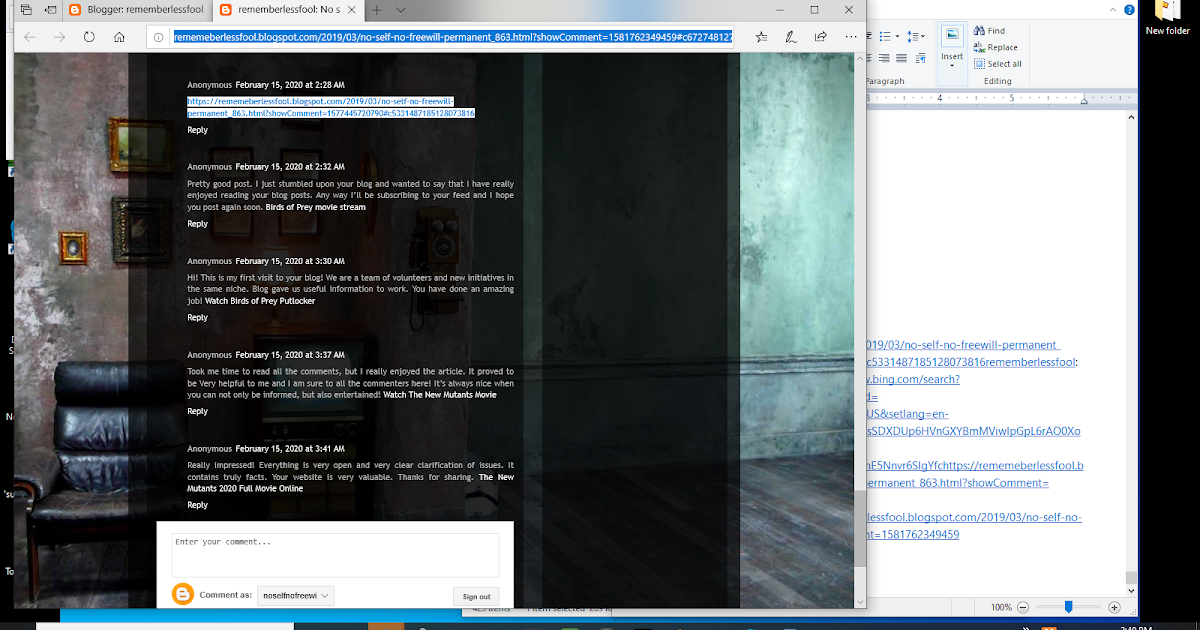To run optimally, you should run the version of Windows that's aligned to the processor running your computer's hardware. A 64-bit processor should generally run a 64-bit version of Windows, although it can run a 32-bit version just fine. A 32-bit processor, however, can only run a 32-bit version of Windows.
Chrome 32 Bit Exe
Identify Your System Type
This tutorial covers the difference between Windows 7 32 bit and Windows 7 64 bit, which version you should install, and how to check what version of Windows. Determine the operating system bit count. Windows 7 or Windows Vista. Windows XP Professional. Windows 7 or Windows Vista. If you have Windows Vista or Windows 7, there are two methods to determine whether you are running a 32-bit or a 64-bit version. If one does not work, try the other. Method 1: View System window in Control Panel. There are multiple ways to check whether a Windows computer is running 32-bit OS or of 64-bit one. Check 32 or 64 bit using WMIC. You can get to know the OS architecture by running the below simple command.
In Windows 10, open the Settings app then click About at the bottom of the left-side menu. You'll see your hardware and software capability in the About page.
For Windows 7 and Windows Vista, click Start > Computer > Properties to reveal a configuration window. In the System type section, you'll see whether you're running a 32- or 64-bit version of Windows.
Older Versions of Windows

It's rare for Windows XP to run at 64 bits. Previous versions of Windows only run at 32-bits. Before Windows 95, Windows ran at 16 bits.
Why Bits Matter
For the most part, you generally won't have to worry about the system architecture of your computer. If you use the Microsoft Store, for example, everything will be taken care of for you.
In some cases, your computer will ship with a 64-bit processor but you'll have a 32-bit version of Windows loaded at the factory. It doesn't matter if your processor supports 64-bit computing; if the operating system supports 32-bits only, you cannot run a 64-bit program. For example, Microsoft Office supports both 64- and 32-bit installers. You can only use the 64-bit version if both your processor and your version of Windows are at a 64-bit level. Otherwise, you'll have to use the 32-bit version only.

It's rare for Windows XP to run at 64 bits. Previous versions of Windows only run at 32-bits. Before Windows 95, Windows ran at 16 bits.
Why Bits Matter
For the most part, you generally won't have to worry about the system architecture of your computer. If you use the Microsoft Store, for example, everything will be taken care of for you.
In some cases, your computer will ship with a 64-bit processor but you'll have a 32-bit version of Windows loaded at the factory. It doesn't matter if your processor supports 64-bit computing; if the operating system supports 32-bits only, you cannot run a 64-bit program. For example, Microsoft Office supports both 64- and 32-bit installers. You can only use the 64-bit version if both your processor and your version of Windows are at a 64-bit level. Otherwise, you'll have to use the 32-bit version only.
32 Bit Version Of Chrome
Some stand-alone applications released during the Windows 7 era offered both 32- and 64-bit versions. If you downloaded the wrong one, the installer typically failed. If the installer allowed you to load a 64-bit app on a 32-bit computer, the program would fail with various application errors. How to download chrome on hp laptop. No harm would come to your computer, however.
